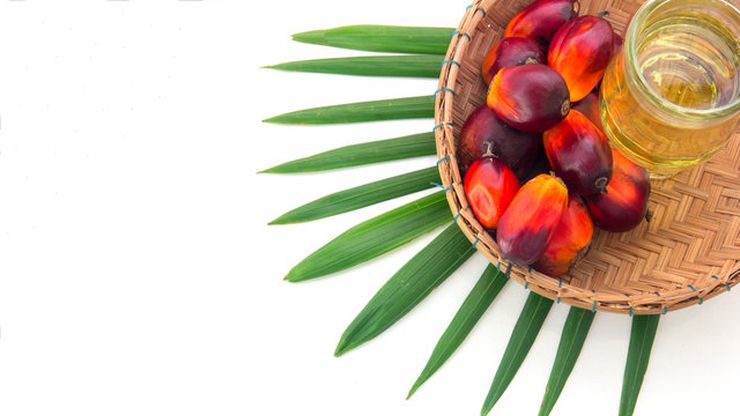Palm oil prices remain low due to reduced exports, which limits the growth of prices for soybean and sunflower oil

Futures for palm oil in Malaysia during the week traded at a low level, and may fall further amid declining exports. This increases the pressure on the quotations of soybean and sunflower oil.
For 1-15 may, Malaysia reduced compared to the same period in April, the export of palm oil products by 5.2% to 600,8 thousand tons according to the surveyor Intertek Testing Services, and according to estimates of Societe Generale de Surveillance (SGS) – up to 427 thousand tons.
July futures for palm oil on the Bursa exchange in Malaysia on Friday rose by 2.3% to 3892 ringgit/t or 831 $/t (+0.7% for two weeks) amid rising oil prices.
On the stock exchange in Dalian, contracts for palm oil rose by 0.37%, soybean – by 0.54%.
Malaysian Government left in June the export duty on crude palm oil at 8%, but reduced the base price from 4273,93 ringgit/t in may to 3956,06 ringgit/t or 845,13 $/t in June, which will contribute to lower export prices.
July futures for soybean oil on the Chicago stock exchange on Thursday and Friday rose by 3.7% to 995 $/t (+1.8% for the week, +4.8% for two weeks). But in general, for the month they decreased by 0.9% amid a reduction in processing in the United States in April and accelerated harvesting of soybeans in Argentina.
According to Trading Economics, the average price of sunflower oil for delivery to buyers increased by 0.8% to $856/t over the week (-1.4% for the month), in particular in Ukraine – by $10/t to $810-820/t for delivery to Black Sea ports due to a reduction in supply. Prices for delivery to the EU stabilize, as the market continues to receive rapeseed and soybean oil.
Reuters analysts believe that within a month palm oil will be trading in the range of 3787-3857 ringgit/t, unless there is a significant jump in oil prices.
July futures for Brent crude oil rose by 1.4% over the week after the attacks on Russian oil depots and refineries by Ukrainian UAVs, as well as on expectations of increased demand from China amid the planned purchase of unfinished real estate from developers to avoid bankruptcy.
The death of Iran’s president may reduce the speculative impact on oil prices, as the activity of Iranian proxies in the Red Sea will decline before the election of a new president. Recently, the Houthis damaged a tanker in the Red Sea that was transporting oil from Russia to China.
Read also
Wheat in Southern Brazil Impacted by Dry Weather and Frosts
Oilseed Industry. Leaders and Strategies in the Times of a Great Change
Black Sea & Danube Region: Oilseed and Vegoil Markets Within Ongoing Transfor...
Serbia. The drought will cause extremely high losses for farmers this year
2023/24 Safrinha Corn in Brazil 91% Harvested
Write to us
Our manager will contact you soon



